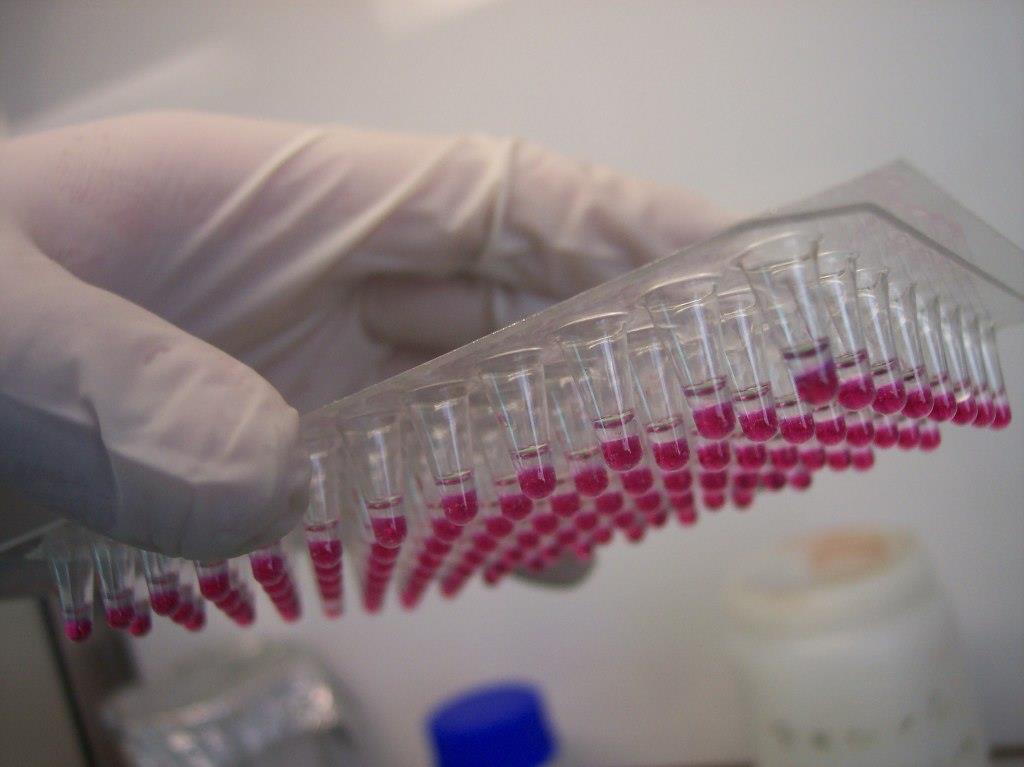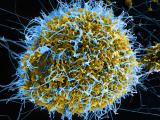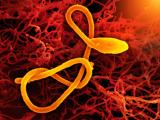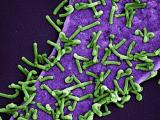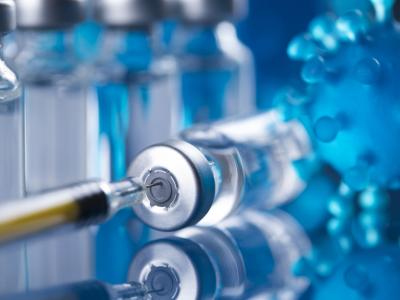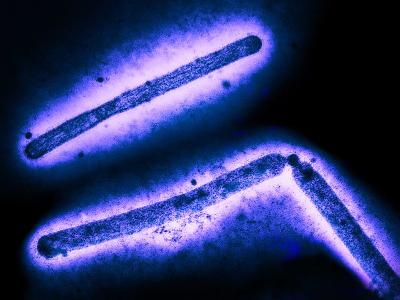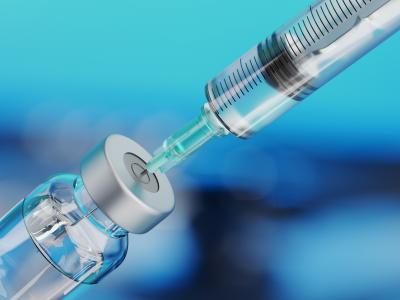Since the US Centers for Disease Control and Prevention (CDC) activated its emergency operations center for the Ebola outbreak on Jul 9, it has fielded clinical questions about 650 people, with 61 (9%) tested for the disease, according to a new report today profiling the agency's work with clinicians.
Of the 61 tested, only four were positive for Ebola: the Liberian man who died in October in Texas, two nurses who cared for him, and Craig Spencer, MD, a health worker who got sick after he returned from serving in Guinea. The CDC published the report, which covered inquiries about Ebola that it received through Nov 15, in today in Morbidity and Mortality Weekly Report (MMWR).
Among patients who underwent testing, symptom history was available for 60 of 61, and 56 had at least one Ebola sign or symptom. Of 33 tested who had recently traveled, alternative diagnoses were available for 13, and the most common were malaria (5) and viral illness (4) including flu. In some of the cases, health providers reported that the Ebola workup delayed testing and diagnosis for other conditions.
Of the 650 cases the CDC was consulted on, 138 patients had traveled to an outbreak country, 22 had potential exposure to an Ebola patient or his or her body fluids in the United States, and 490 had neither risk factor.
Clinical queries to the CDC averaged about 10 per week until Sep 30, when the first patient was diagnosed with Ebola in the United States, after which weekly questions surged, peaking at 227 in mid- October. Most were related to patients who had no risk factors for the disease.
A total of 2,263 people arriving from the outbreak countries had undergone enhanced entry screening through Nov 15, and none had any symptoms during travel. Only one went on to develop Ebola, presumably Thomas Duncan, the Liberian who died in Texas.
The CDC said 107 of the 650 inquiries were made after active monitoring of people entering the United States from the outbreak countries began in late October. Only 17 of the 107 people who prompted the questions had been to an Ebola-affected country, and of the 9 who were tested, none had Ebola.
The CDC said it’s important for clinicians to have a high index of suspicion when travelers from Ebola-affected countries report symptoms, though the likelihood of Ebola, even in symptomatic people, is very low. It added that since procedures should be in place in hospitals to protect health workers from Ebola, consideration of the disease should not delay workup and starting appropriate care for other medical conditions.
Another response worker sickened, two more recover
A United Nations (UN) peacekeeper has been sickened by Ebola in Liberia and will be flown to the Netherlands for treatment, the Associated Press (AP) reported today, citing the Dutch health ministry. The UN worker is a Nigerian soldier who is expected to be flown to the Netherlands over the weekend for treatment at University Medical Center Utrecht.
The man’s illness is the third Ebola case in a UN worker, and he will be the first to be taken to the Netherlands for treatment.
The UN mission said 16 people identified as contacts of the Nigerian solder have been quarantined, according to the report.
In related developments, a Ugandan doctor who contracted Ebola while working in Sierra Leone has recovered and has been discharged from a German hospital, the AP said today in a separate report. Frankfurt University Hospital said yesterday that the man was released Nov 19.
He was admitted on Oct 3 and had been critically ill during his stay at the hospital. The doctor was the third patient airlifted out of the outbreak region to be treated in Germany. The others were a World Health Organization (WHO) scientist who recovered and a UN medical worker who died.
Meanwhile, Swiss officials today said a Cuban doctor infected with Ebola while working in Sierra Leone will leave a Geneva hospital soon, since a blood test has shown no more signs of the virus, Reuters reported today.
Other developments
- According to an update today from the United Nations Mission for Ebola Emergency Response (UNMEER), Guinea-Bissau’s government announced yesterday that it would reopen its border with Guinea within the next 5 days. It closed its border in August to curb cross-border transmission. Also, a ceremony planned yesterday to break ground for a new Ebola treatment center (ETC) in Conakry’s Matoto commune had to be scrapped after local youth groups ransacked the site. UNMEER said the groups oppose the ETC, because they believe it will result in a spike in cases in their community. In Liberia, UNMEER said, officials are worried about a rise in the number of cases in Grand Cape Mount County, which has prompted the WHO to consider moving a mobile lab from Lofa to the area. In the overall outbreak region, the illness total has reached 17,256 cases, along with 6,113 deaths.
- The National Science Foundation (NSF) announced yesterday that it has awarded the first of several rapid-response grants to further basic Ebola virus research. The grants vary in size and scope and last 1 year. The mechanism the NSF used to award the grants is one it has used for environmental disasters. In a press release, the group said it invited research proposals in October, and in-house subject matter expert from various backgrounds evaluated them, coordinating with other federal agencies. The NSF said research projects are designed to answer questions about how the Ebola virus interacts with other substances, how it spreads, and how communication and perceptions affect public safety during an epidemic.
See also:
Dec 5 MMWR report
Dec 5 AP story
Dec 5 AP story on Ugandan doctor
Dec 5 Reuters story
Dec 5 UNMEER report
Dec 4 NSF press release
